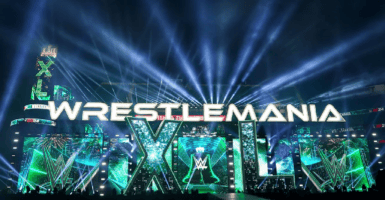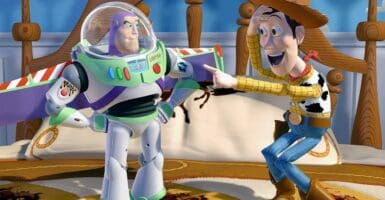Hereditary Isn’t Frightening Because Of Its Supernatural Elements
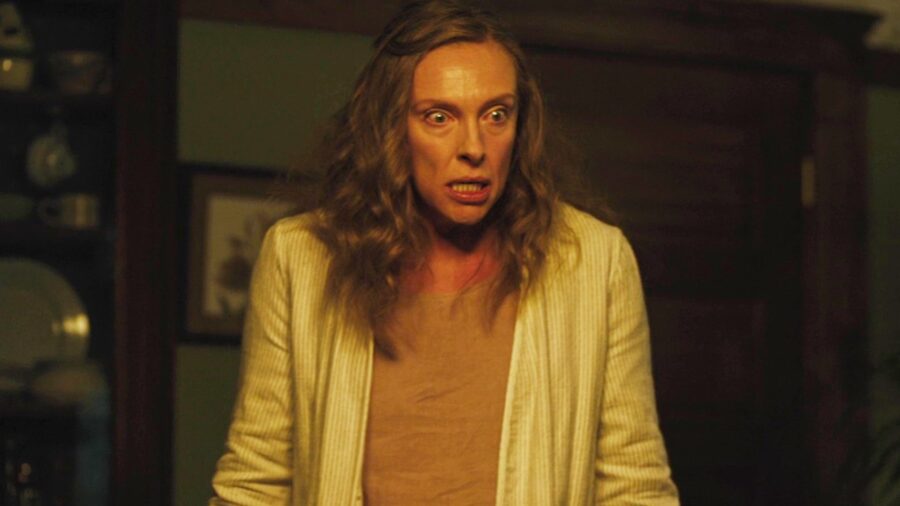
What’s scarier—a ghost that goes bump in the night, or accidentally killing your little sister? Hereditary answers this question the hard way, making the obvious choice (door number two, awful, horrendous door number two) and us suffer, at the same time. That’s partially why it’s one of the best horror movies ever made.
Trauma And Loss
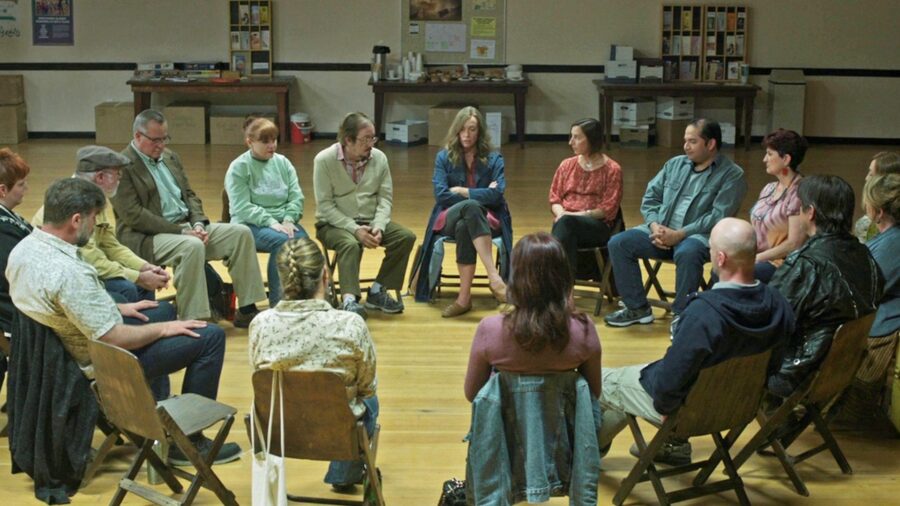
The film, at the bottom, relates the tragedy of family trauma, loss, and grief. Its ruthless focus on the horror latently possible in guilt—of the deep psychological conflict potentialized by Freudian family dynamics—embodies the absolute horror in what is, after all, a terrifying movie.
Because this masterpiece has indisputably cemented its place as a modern classic in the competitive genre that is horror cinema, and not merely, I maintain, for Hereditary’s supremely haunting visuals or stupendous occult-horror concept (influenced, quite obviously and richly, by Rosemary’s Baby and, less directly, The Exorcist and The Omen). No—the reason the film seems to rips us from our seats and throttle us is because it propounds a disturbing exploration of family trauma and loss.
Both these categories haunt our world much more than ghosts or supernatural boogeymen. In fact, we go to see films to escape the menace of these very real horrors. Compared with an unvarnished portrayal of a family disintegrating under the weight of loss and unresolved psychological conflicts, a malevolent monster lurking in the shadows seems about as scary as Jar Jar Binx.
Shaken By Two Deaths
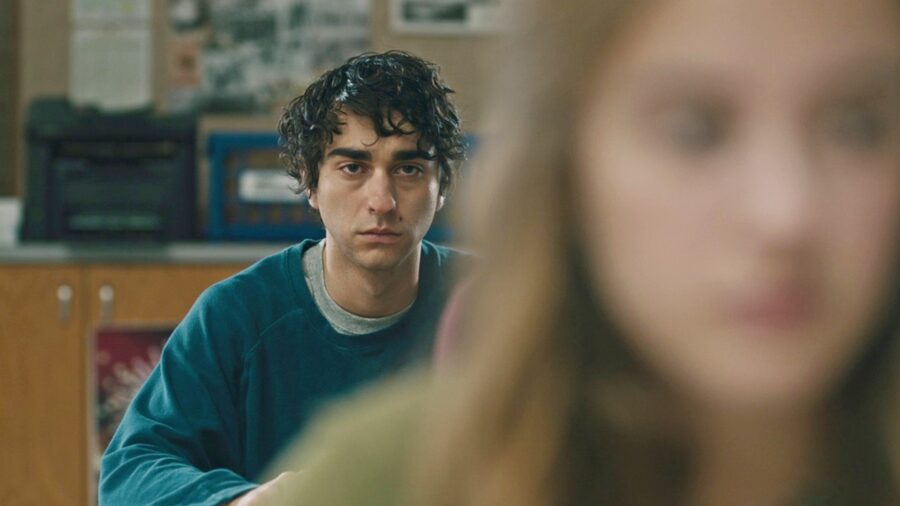
Hereditary begins with the death of a family’s secretive, matriarchal grandmother. Her passing sets the stage for a series of tragic events, culminating in the shocking and sudden death of Charlie, the daughter/sister, in an accident for which Peter, her brother, feels directly responsible. Unsurprisingly, this tragedy functions as a catalyst—one unraveling of the family, exposing deep-seated guilt, blame, and emotional turmoil previously simmering beneath the surface.
Testing Family Bonds
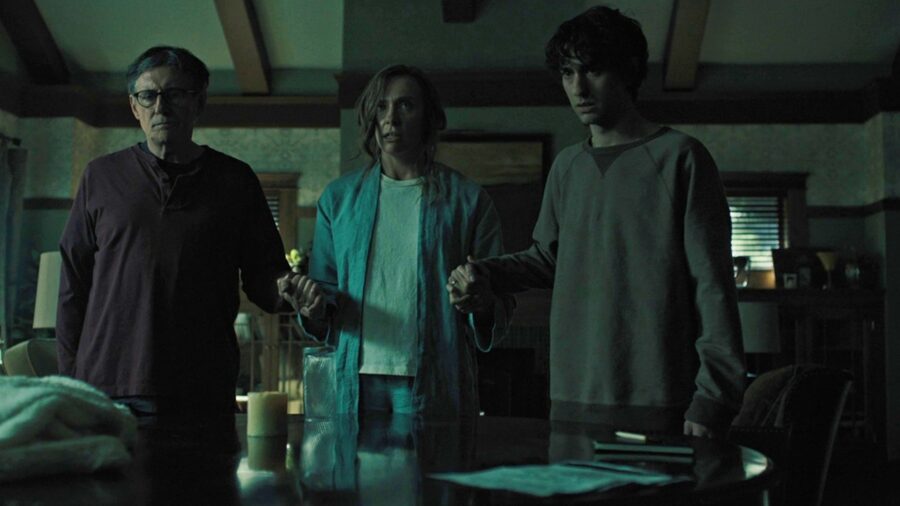
The beating dark heart of this horror is the palpable grief, rage, resentment, and self-hatred of Annie, the mother, all portrayed with devastating intensity by Toni Collette. In an immense onslaught of negative pathos, Annie’s grief over the loss of her daughter worsens her fraught relationship with her son, Peter. Annie, it goes without saying, unconsciously blames Peter for Charlie’s death.
This dynamic lies at the heart of Hereditary’s terror: the realization that the bonds supposedly holding families together represent the very source of our deepest fears and despair.
Magic As Metaphor
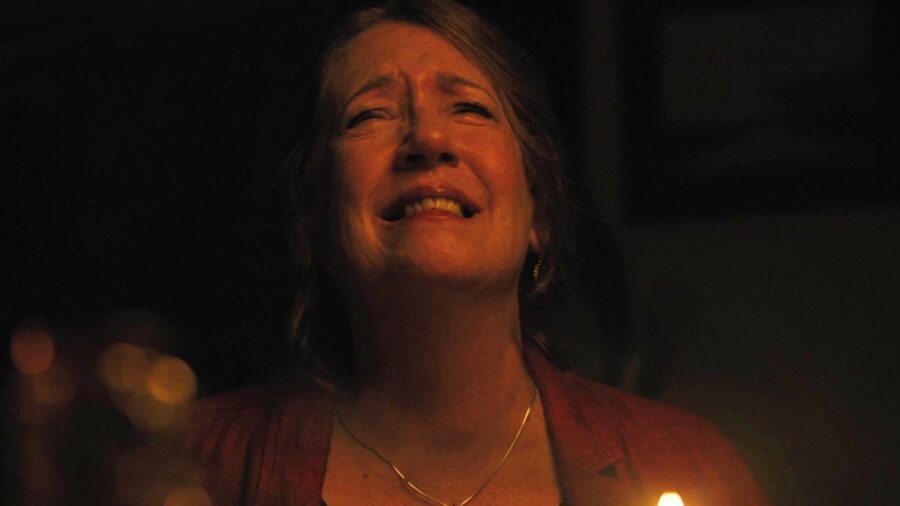
Indeed, the film powerfully employs its supernatural elements as metaphors—analogies embodying the “hereditary” nature of trauma, mental illness, and the darker recesses of family relations. Make no mistake: the haunting presence stalking the family is more than a literal demon; it’s a representation of the generational mental health issues parents unwittingly pass down.
Of course, all too often, the most pernicious horrors are those we inherit, the invisible and psychological burdens one generation shoulders before imposing on the next.
Grief Is A Monster
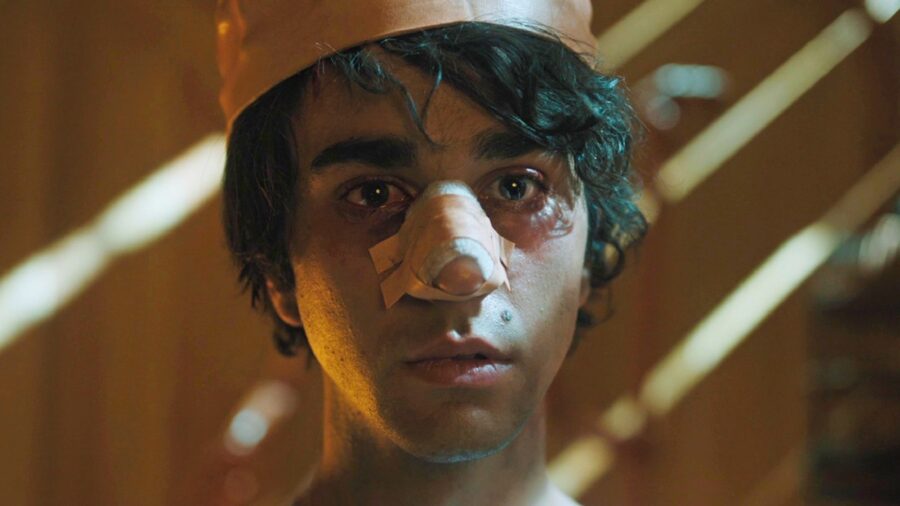
Both Peter’s guilt and his mother’s blame embody the complex interplay of family grief, in which each member’s pain manifests in different and destructive ways. This confrontation with the brutality of interpersonal, emotional dysfunction essentially lends Hereditary its deeply unnerving power.
After all, by anchoring its supernatural scares in the all-too-real horror of familial disintegration, the movie terrifies us all the more.











